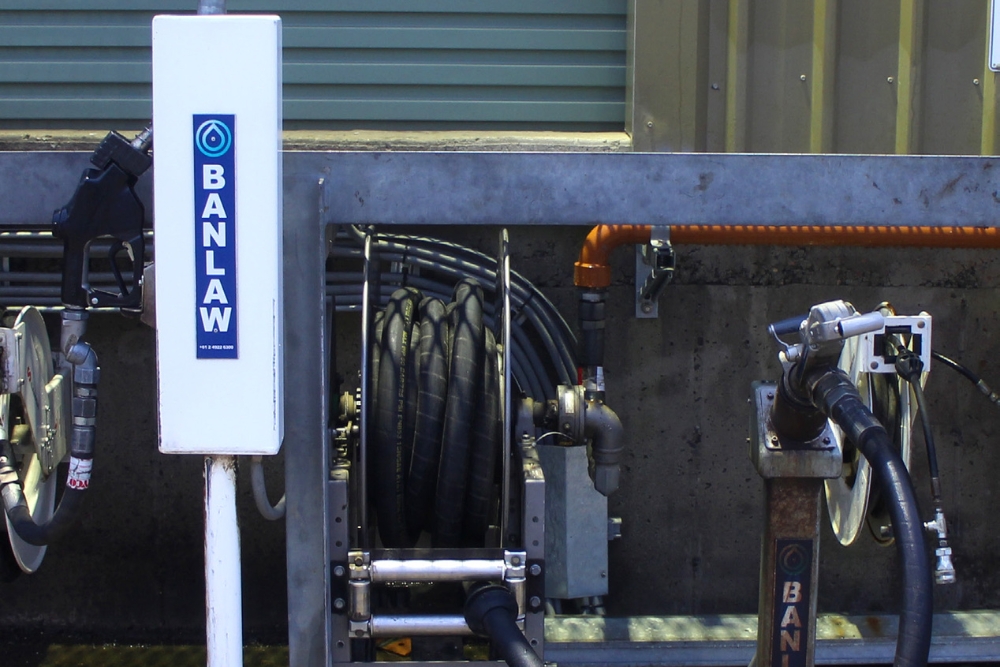The transport industry is growing, and with that growth comes new challenges and opportunities. Businesses must keep up with rapid changes in technology, regional demand, and government regulations to remain competitive. To do so, they need to adopt lean business practices to streamline operations and reduce costs. In this blog post we will discuss how fuel management systems can help your transport business thrive in today’s changing environment. Read on for more information about what a fuel management system is and why it is such a valuable addition to any business.
Businesses that focus on reducing operating costs and increasing efficiency are ideally positioned to expand. If you run a transport business like taxi, limousine, car rental business, van leasing company or in the heavy transport industry, it’s time you start thinking about how to make fuel efficiency a focus for your business.
What Is a Fuel Management System?
Fuel management systems are a way to optimise fuel usage in transport vehicles. They are typically used by companies that operate fleets of commercial vehicles such as trucks, buses, and trailers. Fuel management systems can help to reduce fuel costs, increase fuel savings, and ensure your company stays competitive. Fuel management systems monitor and track the amount of fuel consumed by each vehicle daily. By knowing when a vehicle is low on fuel, or if it is using more fuel than expected, your company can take preventative measures like refuelling, driver retraining to avoid excessing breaking, or adjusting driving routes.

Track Fleet Data
The first step in fuel economy management is tracking fleet data. It’s important to understand just how your fleet is performing and what effect certain factors have on their efficiency. This will help you identify where you need to improve. For example, if a particular truck in your fleet has a high idling time, you might want to take preventative measures like installing idle reduction systems. You should also track your fuel efficiency every day so that you can minimise the discrepancies between fleet vehicles and maximize the efficiency of your entire fleet. With this information, you can set realistic goals for each vehicle based on their current performance levels.
Driver Education to Form New Habits
To manage fuel economy, you need to implement the best practices and provide drivers with the necessary tools they need to get the most out of their vehicles. These include educating them on driving habits and providing guidance on how best to maintain their fleet. A great way to start this process is by training drivers. Training drivers on new habits will help them understand how their driving style impacts gas mileage, and how simple changes in how they drive can lead to substantial improvements in efficiency. Drivers can also be given tips for better maintenance for their vehicle, including replacing tires before they wear out, or changing the oil, rather than leaving it for long periods of time between changes. By implementing these practices at the driver level, you’re able to reduce overall vehicle operating costs, without affecting service quality or customer satisfaction levels.
Use Apps for Expert Advice
Fuel economy management requires strategic thinking to balance efficiency and profitability. Banlaw ResTrack Resource Management System is the software component that is part of their fuel management system, which has a variety of user roles can be configured with differing security levels, fluid access levels, and system administrative privileges. This means the individual drivers in your transport business can access relevant information about their vehicle, while keeping your confidential account information secure.
The first step is to management of your fuel consumption and expenses in to perform tracking real time so you can see which factors are driving up your expenses. This helps you make changes that will save money without driving down performance. For example, if drivers are going over the speed limit constantly and needing to break harder, they should be given a break from certain vehicles or jobs until they have improved their driving habits.

Advantages to Installing Fuel Management Systems for Transport Businesses
Fuel management systems are a cost-effective way to manage and monitor business operations. The systems decrease costs by helping transport businesses to cut waste, improve efficiency, and increase productivity. A fuel management system can help your transport business save on bills by reducing costs associated with fuel. In an industry that is growing quickly and expanding the area geographically of its reach, it is important to have effective and efficient business practices. To continue growing and remain competitive, businesses need to be able to efficiently use their resources. Fuel management systems take care of this for them, by continually monitoring operations and ensuring that the most efficient practices are being always followed. This saves costs, as well as time.
Perform Preventative Maintenance
It’s best to perform preventative maintenance on your fleet of vehicles. This will allow you to extend the life of your cars, reduce the frequency of expensive repairs, and increase your productivity. Prioritise the most important tasks for your company, and decide which work can be done when your vehicle is being serviced or repaired. By using a Fuel Management System, you will be able to easily organise for when each vehicle will be “out of action” and rotate the transport fleet to compensate.

How will a Fuel Management System Benefit my Transport Company?
Fuel Management Systems are important tools that help transport businesses reduce their fuel expenses and increase their profits. They can be implemented by organisations in a variety of different ways, depending on the size of the company and their needs. A Fuel Management System can also help transport businesses improve their operational efficiency and reduce their carbon footprint. Contact Banlaw now to get superior control of your High Value Liquid Assets by calling our head office on 1300 BANLAW or emailing sales@banlaw.com.
jbanlaw
